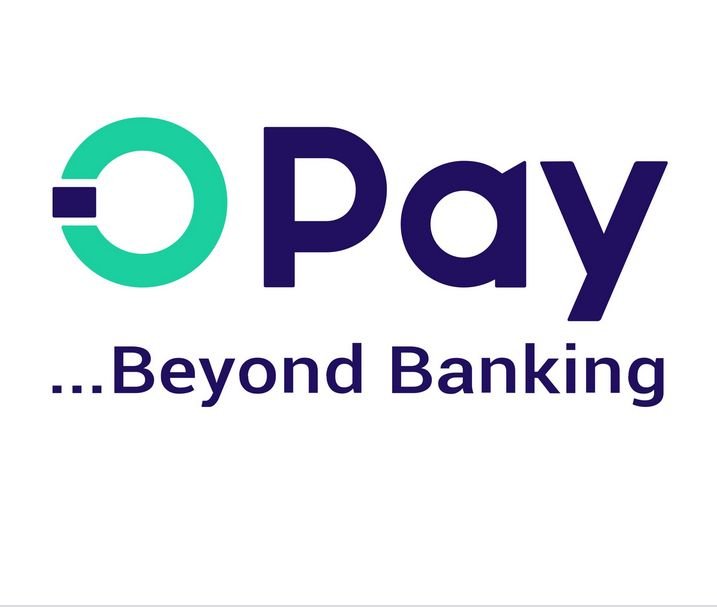Opay Fake Transfer & Payment Alert: How to be Safe
Opay Fake Transfer & Payment Alert: How to be Safe
The rise of digital payments has made life more convenient for people. One such platform that has gained immense popularity in Nigeria is Opay. Opay is a digital payment and financial services company that allows users to make payments, transfer funds, and access various financial services through their mobile devices. However, with the increasing use of Opay, there has been a rise in a new type of fraud known as Opay fake transfer and payment alert.

Opay fake transfer and payment alert is a scam where fraudsters send fake payment alerts to sellers or service providers, making them believe that they have received payment for their goods or services. The fraudsters create a fake Opay app and use it to send these fake alerts. The aim is to trick the seller into providing the goods or services without receiving actual payment, leaving them out of pocket.
Reasons why fraudsters engage in Opay fake transfer and payment alert
- High profitability: The profitability of this scam is high because the fraudsters can create multiple fake accounts and send out numerous fake alerts simultaneously. This allows them to target multiple sellers at once, increasing their chances of success.
- Low risk: Unlike other types of fraud, Opay fake transfer and payment alerts carry low risk for the fraudsters because they do not need to physically interact with the seller. They can carry out the scam from anywhere in the world, making it difficult for law enforcement agencies to track them down.
- Targeting vulnerable sellers: Fraudsters often target vulnerable sellers who are new to Opay or those who are in urgent need of funds. They may also target sellers who have low-value items or services, making it easier for them to get away with the scam without being detected.
How to be safe from Opay fake transfer and payment alert
Here are guidelines that can help you stay safe from becoming an Opay fake transfer and payment Alert victim.
- Verify payments: Before delivering any goods or services, it is essential to verify the payment by checking the transaction history on your Opay account. This will help you confirm whether the payment is legitimate or not.
- Use secure channels: Always communicate with your clients through secure channels like email or messaging apps provided by Opay. Avoid sharing your contact details as this can make you vulnerable to phishing scams.
- Set up two-factor authentication: Two-factor authentication adds an extra layer of security to your Opay account by requiring a second form of identification before granting access. This can prevent unauthorized access to your account and prevent fraudsters from sending fake alerts from your account.
- Report suspicious activities: If you receive any suspicious messages or alerts, report them immediately to Opay customer support. This will help them investigate the matter and take necessary action against any fraudulent activities.
FAQs
How can I identify a fake transfer or payment alert on Opay?
Identifying a fake transfer or payment alert on Opay requires a keen eye for detail. One common red flag is receiving a payment alert without the corresponding funds reflected in your Opay account. Additionally, discrepancies in the transaction details and the sender’s information can also indicate a fake alert. For example, if you receive a payment alert for a transaction you did not initiate, it is likely to be a fake alert. Always cross-check the transaction information and verify the sender’s details before considering any payment as legitimate.
What should I do if I receive a suspicious transfer or payment alert on Opay?
If you receive a suspicious transfer or payment alert on Opay, it is crucial to take immediate action to safeguard your funds. Firstly, refrain from making any further transactions using the disputed funds. Contact Opay customer support immediately to report the issue and provide them with all relevant details such as the transaction ID, sender’s information, and any supporting evidence of the fake alert. Opay’s customer support team is equipped to investigate such cases and take necessary measures to secure your account and funds.
How can I prevent falling victim to fake transfers and payment alerts on Opay?
Preventing falling victim to fake transfers and payment alerts on Opay requires a proactive approach to security. Always verify the sender’s details and transaction information before accepting any payment alerts. Utilize Opay’s security features such as transaction confirmation prompts and two-factor authentication to add an extra layer of protection to your account. Furthermore, educating yourself about common scam tactics and staying updated on security best practices will help you stay vigilant against potential threats.
Conclusion
Opay fake transfers and payment alerts are a growing concern for sellers and service providers in Nigeria. Fraudsters use this scam to trick sellers into providing goods or services without receiving actual payment, leaving them out of pocket. However, by following some simple precautions like verifying payments, using secure channels, setting up two-factor authentication, and reporting suspicious activities, you can protect yourself from this scam and ensure a safe and secure experience on Opay.









